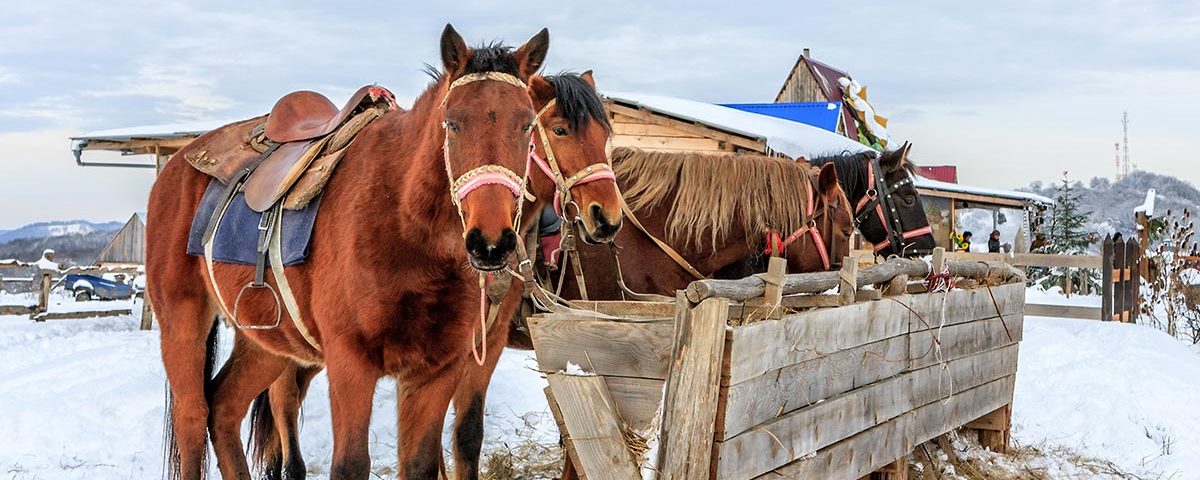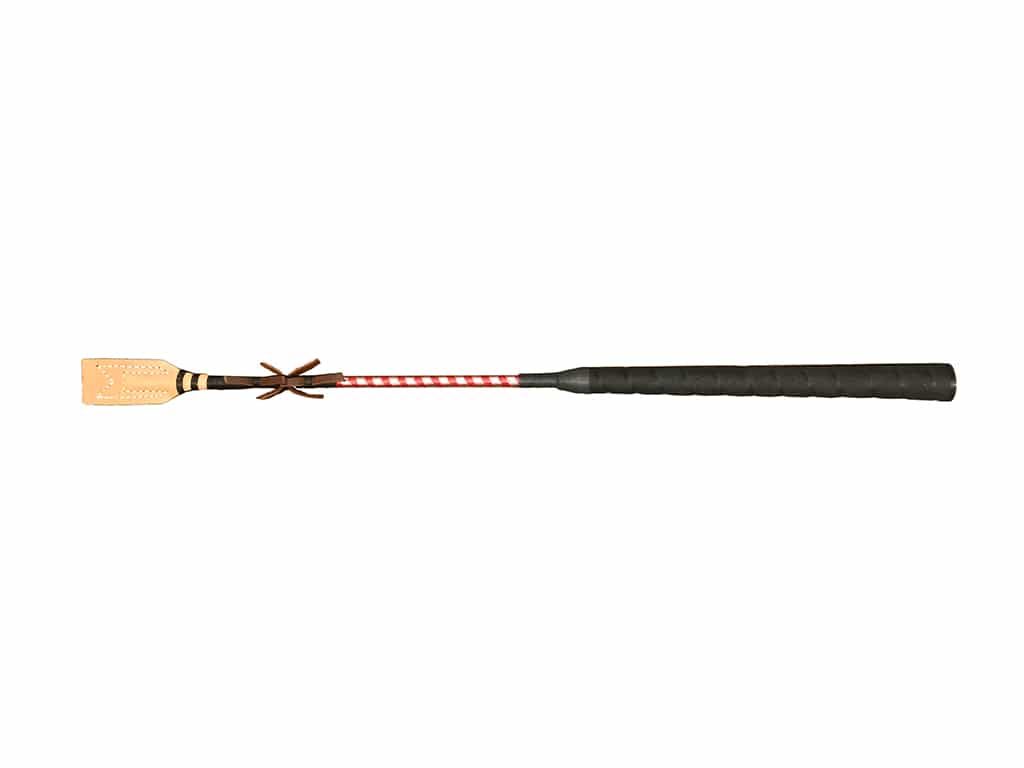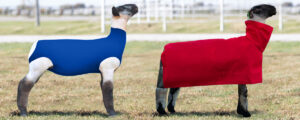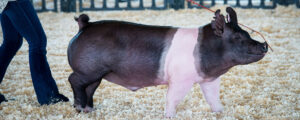While spring and summer births are common, foals can be born at any time of the year without complication. However, those that are born during the autumn or winter need to be protected against the dangers of the colder months. Keeping foals warm is not enough: They need to be protected from disease and injury, and mares also need to be properly cared for.
Stabling and Bedding
If the mare is due to give birth during colder months, she needs to have a stable that protects both her and the foal. Foaling stalls should be a minimum of 12 x 12 feet, although 14 x 14 is preferable. Stalls should also have a wide door and easy access to an enclosed field or paddock. In the summer or autumn, disinfect the stall thoroughly to reduce the bacterial load.

To prepare the foaling stall, have an adequate supply of straw or wood shavings for bedding. Most mares lie down to give birth and can cast themselves (get into a position where they don’t have enough room to roll themselves upright.) To prevent this, use more bedding than you normally would and bank the sides to give her leverage. Once the foal is born, remove damp and soiled bedding every day.
The stall should also be well ventilated, allowing air to circulate, but should not have any drafts. Hang or clamp a heat lamp to provide extra warmth for the foal, but be sure that cords and wires stay dry, secure and out of the mare’s reach.
Care for Your Foal in the Fied
It is fine for a foal to frolic in the field or paddock during the winter months, in fact, foals should get as much exercise and ‘playtime’ as possible. However, the field should have a well-built shelter to provide protection from the weather. Horses can tolerate very cold temperatures; however, they need a three-sided shelter with a roof to protect them from rain or harsh wind. Foals lie down more than adult horses, so line the floor of the shelter with extra straw for additional insulation and protection from the elements.
Mares will sometimes deliver foals outdoors in the pasture, so remove manure regularly and check for poisonous plants, debris and other hazards. Since foals are naturally inquisitive and will explore their environments, make sure your fences are in good condition. Secure any loose posts and broken wires, and check for anything that could get caught on a foal’s halter or blanket.
Good drainage is essential so that icy patches don’t form, especially around the water trough. Inspect your pasture every morning and night and break up any ice so the foal does not slip.
Clothing for your Foal
While adult horses have had months to grow their winter coats, foals may need to wear blankets or rugs. This is especially true if the foal has been ill or has had respiratory problems. Rugs need to be dry so that the foal does not lose body heat, so it’s a good idea to invest in two rugs – the foal can wear one while the other is drying. Waterproof rugs can also help protect foals from the rain.
Food and Water
Foals will nurse for approximately four to six months, although some horse owners start the weaning process earlier. However, even before they are weaned they still need access to water. Use a heated water bucket to keep the water from freezing, and change the water every day to prevent bacterial growth.
During the winter months, mares may need ‘heat’ foods such as oats, barley and sugar beet pulp. Nursing mares burn more calories and can lose weight quickly, but high-energy foods provide additional carbohydrates for both energy and weight maintenance. Owners should also have milk supplements on hand in case the mare becomes ill or unable to nurse her foal. You can also add an amount of milk supplement to the mare’s feed to provide her with much needed calcium, fat and protein.
Most mares deliver foals in the winter without any problems, but cold weather does bring additional risks because foals do not have as much body fat as adult horses. It’s essential to keep them dry, to provide shelter and insulation and to make sure they get enough calories every day. Keep them healthy and safe during the winter, and they’ll have a great start to a long and healthy life.
You might also be interested in horse training tips for beginners.





